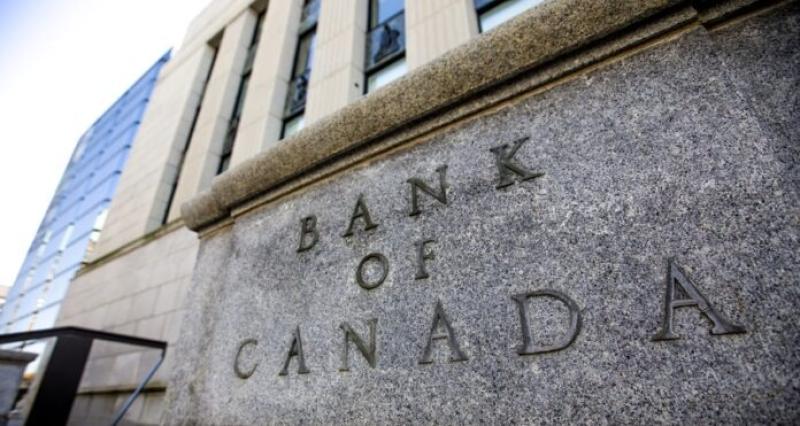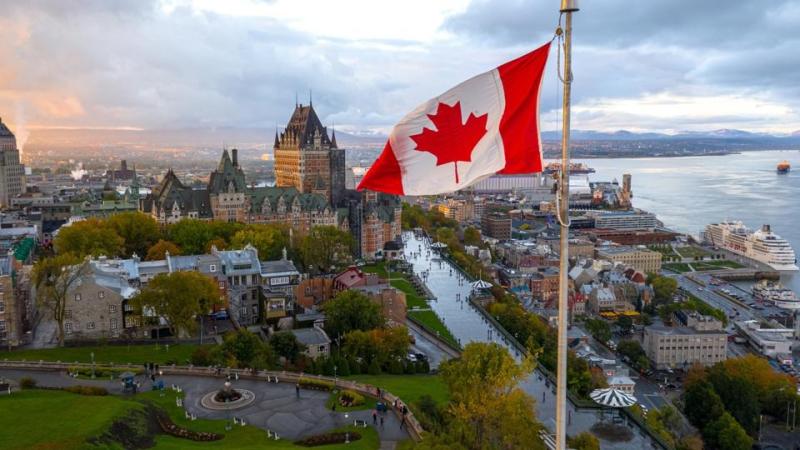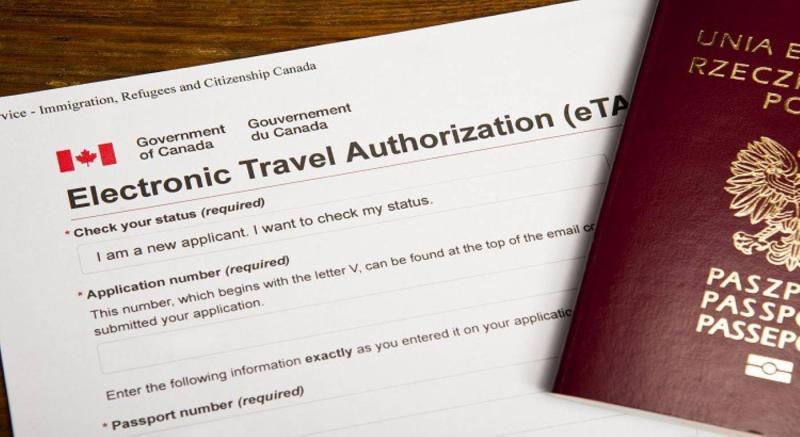Emad Barsoum writes: Restless Society

Every time a group of friends, who have crossed the age of forty and fifty, get together they start to growdepressed and their voices switch from laughter to quietness, their eyes dropdown and the fun is gone, when they remember how life used to be two or three decades ago. Those friends who were born in this land or who have left their motherland and moved to a new chosen homeland.
The common issue would be how they lived in the past a slower paced life, yet they were productive enough, and self satisfied. How they had the time to return home and still have the energy to play with their children! But foremost, how they were able to spend longer times together laughing than scowling. Indeed,it is not a question of age, but a current life condition, an economic system, a group of socio-political unwritten rules that make its society restless.
The modern sophisticated lifestyle with its needs and high costs has turned mankind into depressed creatures, distant from each other, caring less. They lack the ability to keep smiling when meeting other people in the grocery store, on a bus going to work in the morning and on their way back. People do not greet each other in streets like they used to, partly because of social distancing - not the current pandemic precaution that was recently introduced but the one that was created by multicultural differences, which is a totally different subject from the reasons we are discussing here - and partly due to the stressful lifestyle.
Although current technology, science, or economic structures were meant to create easier and less expensive way of life for man, such ways of life do not bring fair winds and following seas. To the contrary, the depression, stress and discontent became the fuel to flourish the contemporary lifestyle, like a dark monster that feeds on the misery of mankind.
What a hefty price to pay just to keep food on the table and a roof above the children’s’ heads, but when mission is accomplished and the birds leave the nest, when the responsibilities diminish, people wake up andsuddenly they have reached the age where they merelyhave to survive.
Should we blame governments for the depression we live in or blame ourselves! In fact, it is a combination of both. Governments failed to secure happiness for its citizens who have already chosen and signed with the social contract by which they must accept what the government decides is right for them. Like helpless children who need the care and protection of their parents, although the governments perceive them as homeless orphan children who should be grateful that someone is looking after their basic needs in the dawn of humanity. On the other hand, people are to be blamed for making the same mistake over again by carelessly voting for those who promise but do notdeliver. A society has first to realize the reasons behind their restlessness then plan for their future to be joyful.


















